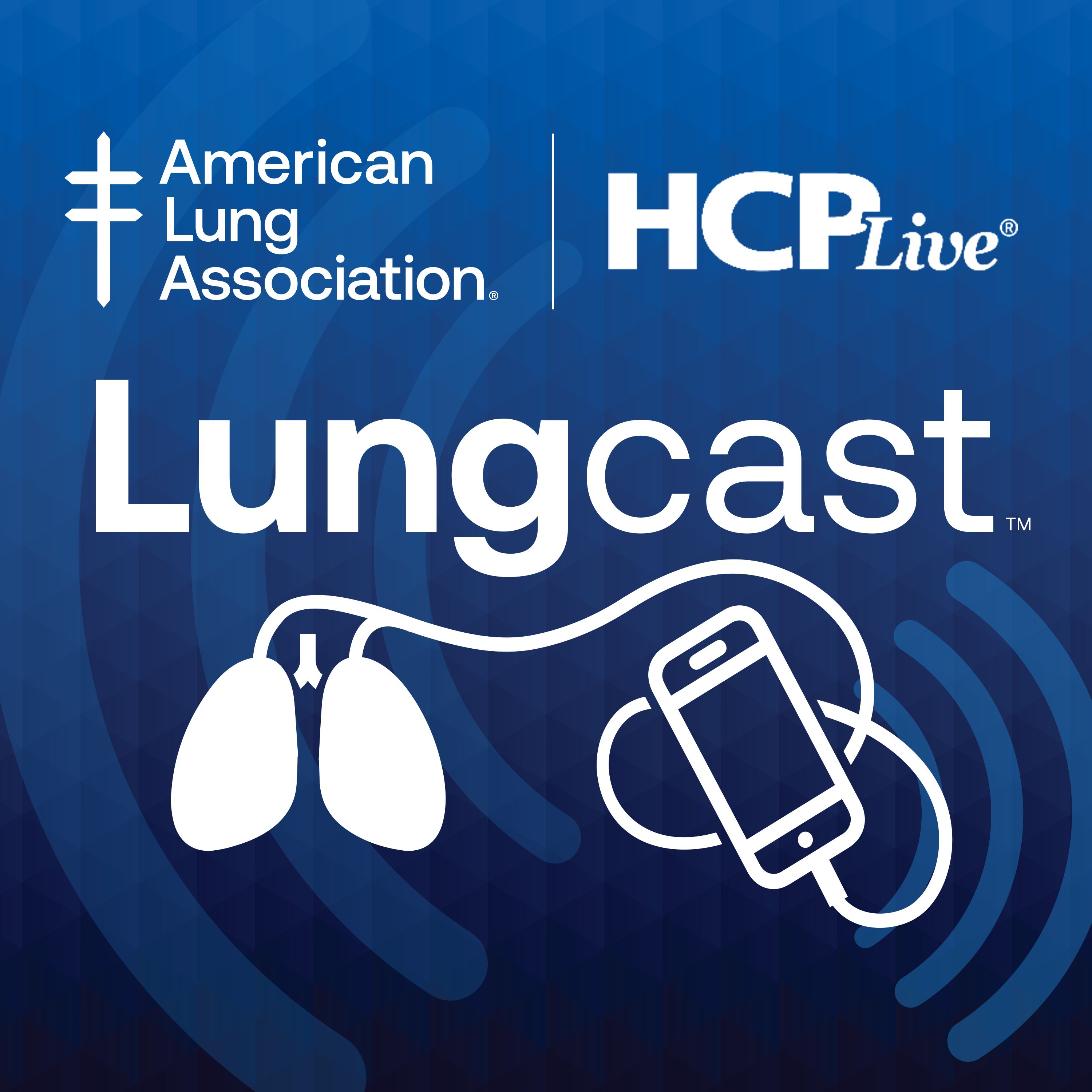Article
Coffee's Latest Mysterious Benefit: Defense Against Drug-Resistant Germs
Drinking coffee and tea may be linked to reducing antibiotic resistant bacteria carried by healthy people in their noses.
Throughout the years, studies have connected coffee consumption to a lower risk of prostate cancer, Parkinson’s disease, Type 2 diabetes, liver cancer, cirrhosis, and gallstone disease. Now a recent study has found, much to the surprise of researchers, that drinking coffee may be linked to reducing antibiotic resistant bacteria carried by healthy people in their noses.
People consuming coffee and tea carried methicillin-resistant Staphylococcus aureus, or MRSA, in their noses half as often as those who did not, according to a study released in the Annals of Family Medicine.
MRSA is the most common drug-resistant strain of bacteria and can live in the noses of healthy people. Through a process called colonization, it grows and multiplies there and can be spread to others or infect the carrier through a break in the skin. Coffee and tea may activate the immune system, directly damage cells of the bacteria, or decrease iron absorption that MRSA needs in order to grow.
Researchers conducting the study swabbed noses of 5,000 people for bacteria to see if they carried MRSA and asked them to answer questions about their beverage consumption. Iced tea and soda had no effect on MRSA possibly because the antimicrobial parts of coffee and tea are carried to the nose through steam, the authors wrote. They also added that if the findings hold true in further studies, coffee and tea might prove to be inexpensive ways to keep MRSA to a minimum in the population.
According to the U.S. Centers for Disease Control and Prevention, MRSA is often obtained in hospitals. The acquired strain sickens about 90,000 people a year in the U.S. and kills about 15,000.
Around the Web
Coffee Protects Against Drug-Resistant Germs in Latest Baffling Benefit [Bloomberg]
Methicillin-resistant Staphylococcus Aureus (MRSA) Infections [CDC]





